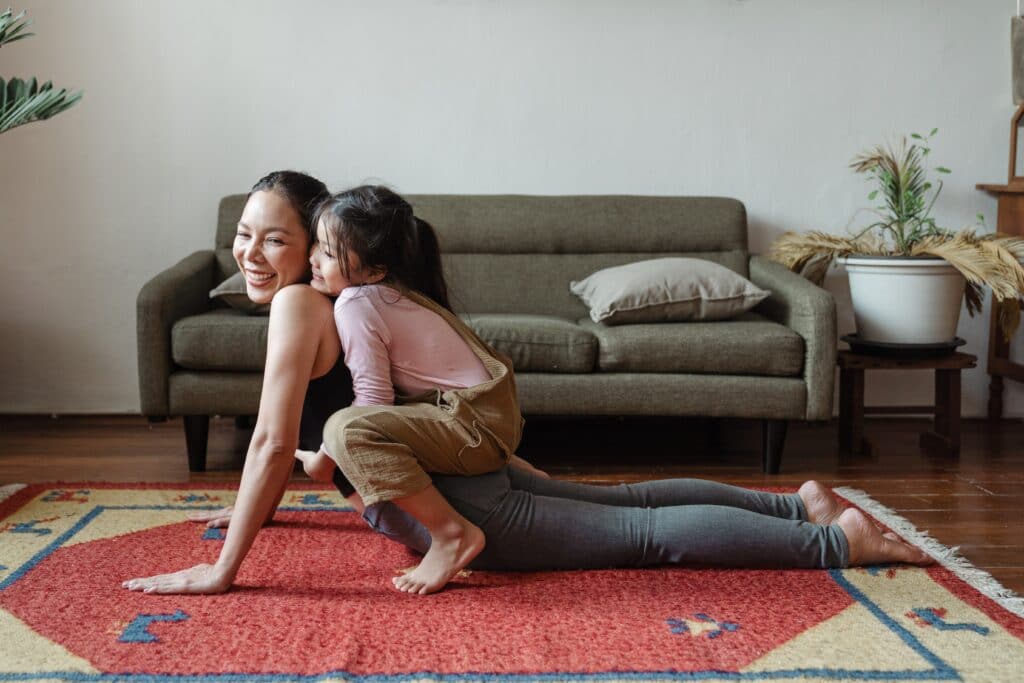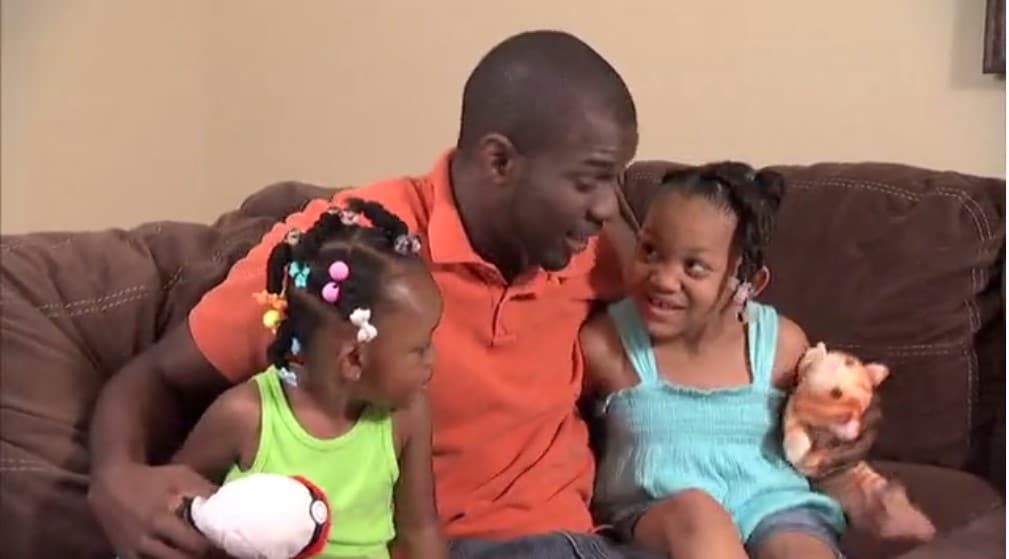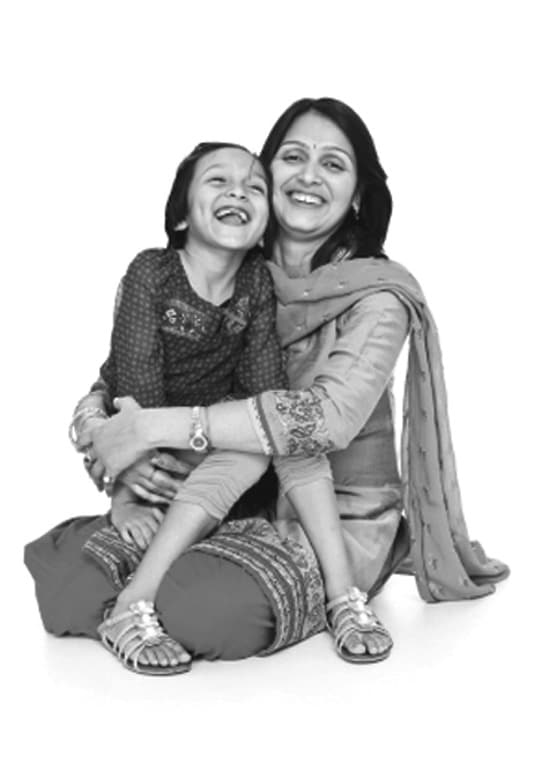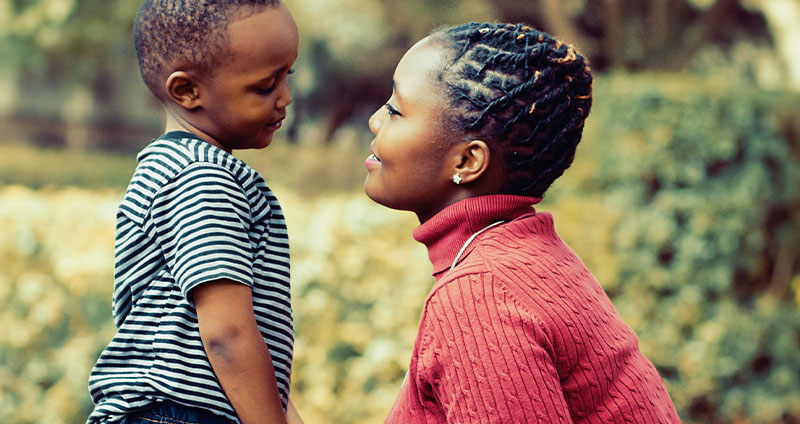Feeling Stressed? Learn Mindfulness Parenting

Mindfulness helps you to pay attention to the here and now with kindness, openness, and curiosity.
Discipline: Positive After-the-Fact Techniques

All families deal with misbehavior. Even if you have set up a perfectly nurturing environment for children, it is the nature of growing up for children to push against boundaries and explore the consequences of their behavior. Additionally, out-of-control emotions often lead to poor choices – which is as true for adults as it is […]
Consequences
Problem solving, conflict resolution, and decision making all rest on the ability to think about consequences. Children learn best when they are allowed to see the consequences of their actions. As Becky Bailey (2000) explains, “Consequences help children think about the effects of their choices, then draw conclusions about the wisdom of their actions” (p. 228). […]
Encouragement
Encouragement improves behavior by making children feel included, important, and valued (Nelson, 2006). In many cases, simply paying attention to what children are doing is encouragement enough. You can help your child build self-confidence by noticing your child’s effort, and telling your child what you see. Keep comments specific, so children know exactly what they […]
Modeling

Modeling is the first way that young children learn. From birth, infants imitate emotions and language modeled by their caregivers. Toddlers learn how to play by watching their family members. Social norms, habits, language patterns, and responses to stress are all learned through modeling (Szalavitz & Perry, 2010). Children’s behavior is shaped by their observations […]
Discipline: Positive Before-the-Fact Techniques

These discipline techniques are used to stop negative or unacceptable behavior before it happens by setting children up for success. These techniques include: Modeling, Empathy, Encouragement, Consequences (see additional information sheets on these topics), as well as the techniques described below: Routines, Sense of Humor, Setting Limits, Physical and Verbal Redirection, and Incentives. Routines Routines […]
Handling Tantrums

Tantrums happen for many different reasons, but all share one thing in common: stress causes the child to become overwhelmed and lose control. Stress can make it harder to stay in control and can be caused by being tired, hungry, sick, frustrated, angry, or over-excited. Before you can expect your child to take responsibility for […]
Positive Discipline

Recent research tells us that children are “hard-wired” from birth to connect with others, and that children who feel a sense of connection to their community, family, and school are less likely to misbehave. To be successful, contributing members of their community, children must learn necessary social and life skills. Positive Discipline is based on […]
Why Kids Misbehave
Goals of Misbehavior Rudolph Dreikurs proposed that children misbehave out of a mistaken assumption that they can gain social status with their own bad behavior. Dreikurs described four goals of misbehavior: To gain attention. To gain power and control. To gain revenge. To display feelings of inadequacy. Children often feel that they are not getting […]
What Is Discipline?

What is discipline? The word discipline comes from the Latin word disciplus, which means to teach and guide. Whatever discipline methods you choose for your family, keep in mind that its purpose is to teach your children behavior that will guide them towards success. Think of the discipline like this: A child is born at […]


